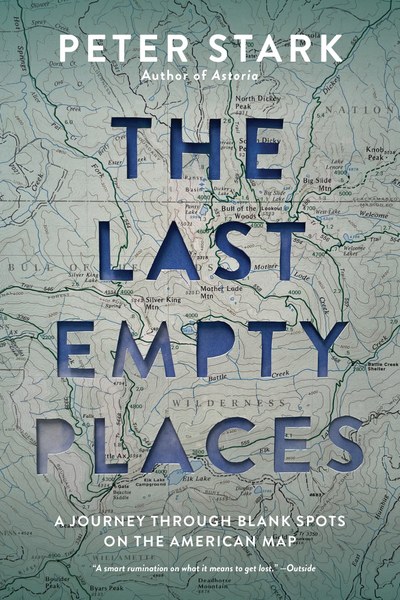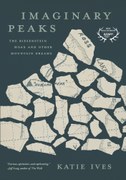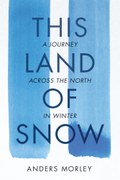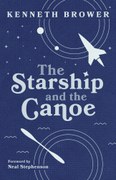The Last Empty Places
A Journey Through Blank Spots on the American Map

Mountaineers Members Discount
Log in to access the promo code and receive 20% off your order.
Description
". . . intriguing, both a solid refresher on our savage colonial history and a smart rumination on what it means to get lost. ? Outside
In The Last Empty Places, bestselling author Peter Stark takes the reader to four of the most remote, wild, and unpopulated areas of the United States outside of Alaska and mainly not part of protected wilderness: the rivers and forests of Northern Maine; the rugged, unpopulated region of Western Pennsylvania that lies only a short distance from the East’s big cities; the haunting canyons of Central New Mexico; and the vast, arid basins of Southeast Oregon.
Stark discovers that the places he visits are only "blank" in terms of a lack of recorded history. In fact, each place holds layers of history, meaning, and intrinsic value and is far from being blank. He also finds that each region has played an important role in shaping our American idea of wilderness through the influential "natural philosophers" who visited these places and wrote about their experiences--Henry David Thoreau, William Bartram, John Muir, and Aldo Leopold. It’s a fascinating look at the value of nature, the ways humans use and approach it, and what it means to seek out empty places in today’s world.
- First time in paperback, ebook, and audio editions
- Part travel adventure, part history, part exploration
- Features four specific "blank spots" from across the country and delves into our human relationships with place
In The Last Empty Places, bestselling author Peter Stark takes the reader to four of the most remote, wild, and unpopulated areas of the United States outside of Alaska and mainly not part of protected wilderness: the rivers and forests of Northern Maine; the rugged, unpopulated region of Western Pennsylvania that lies only a short distance from the East’s big cities; the haunting canyons of Central New Mexico; and the vast, arid basins of Southeast Oregon.
Stark discovers that the places he visits are only "blank" in terms of a lack of recorded history. In fact, each place holds layers of history, meaning, and intrinsic value and is far from being blank. He also finds that each region has played an important role in shaping our American idea of wilderness through the influential "natural philosophers" who visited these places and wrote about their experiences--Henry David Thoreau, William Bartram, John Muir, and Aldo Leopold. It’s a fascinating look at the value of nature, the ways humans use and approach it, and what it means to seek out empty places in today’s world.
Contributors
by Peter Stark



